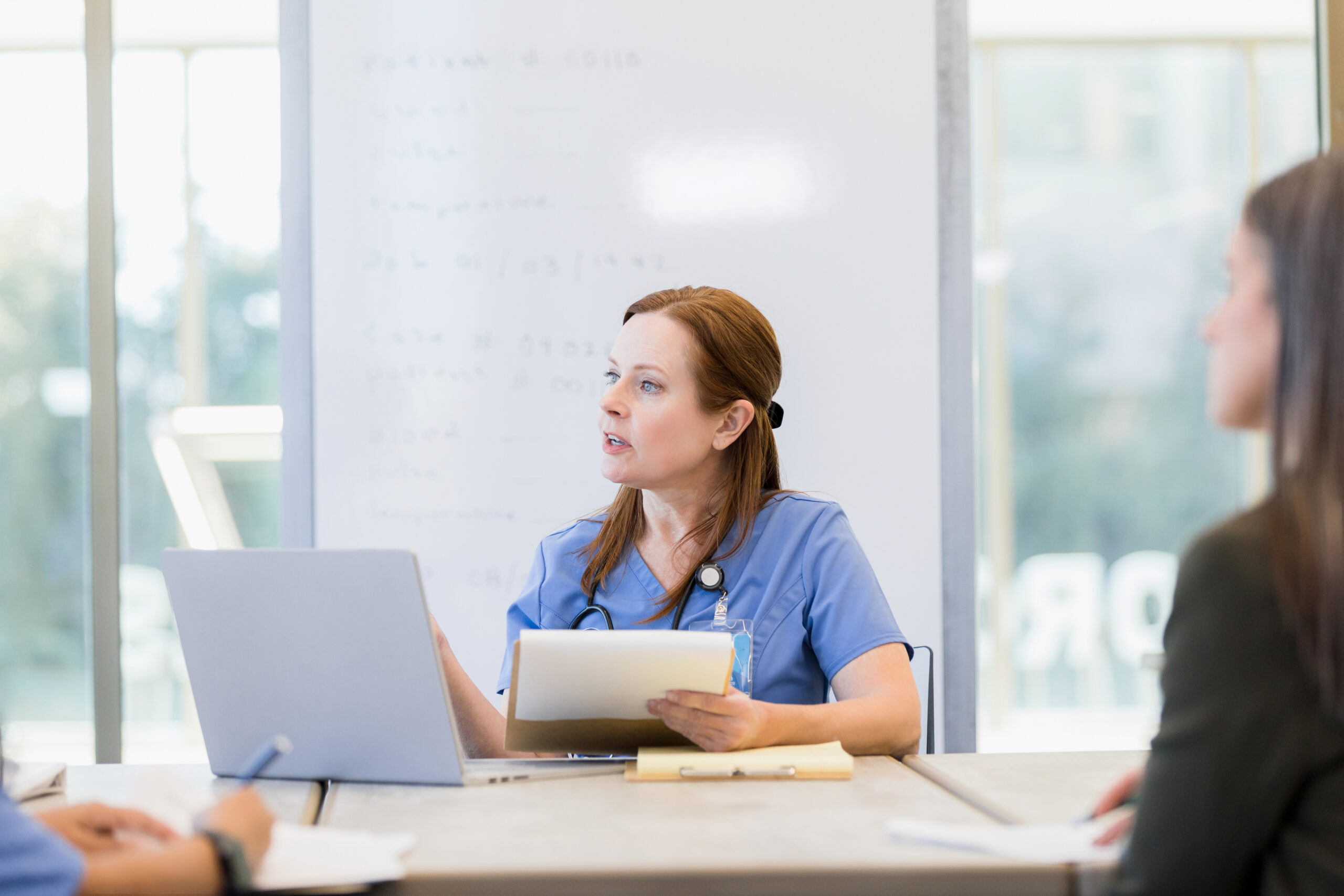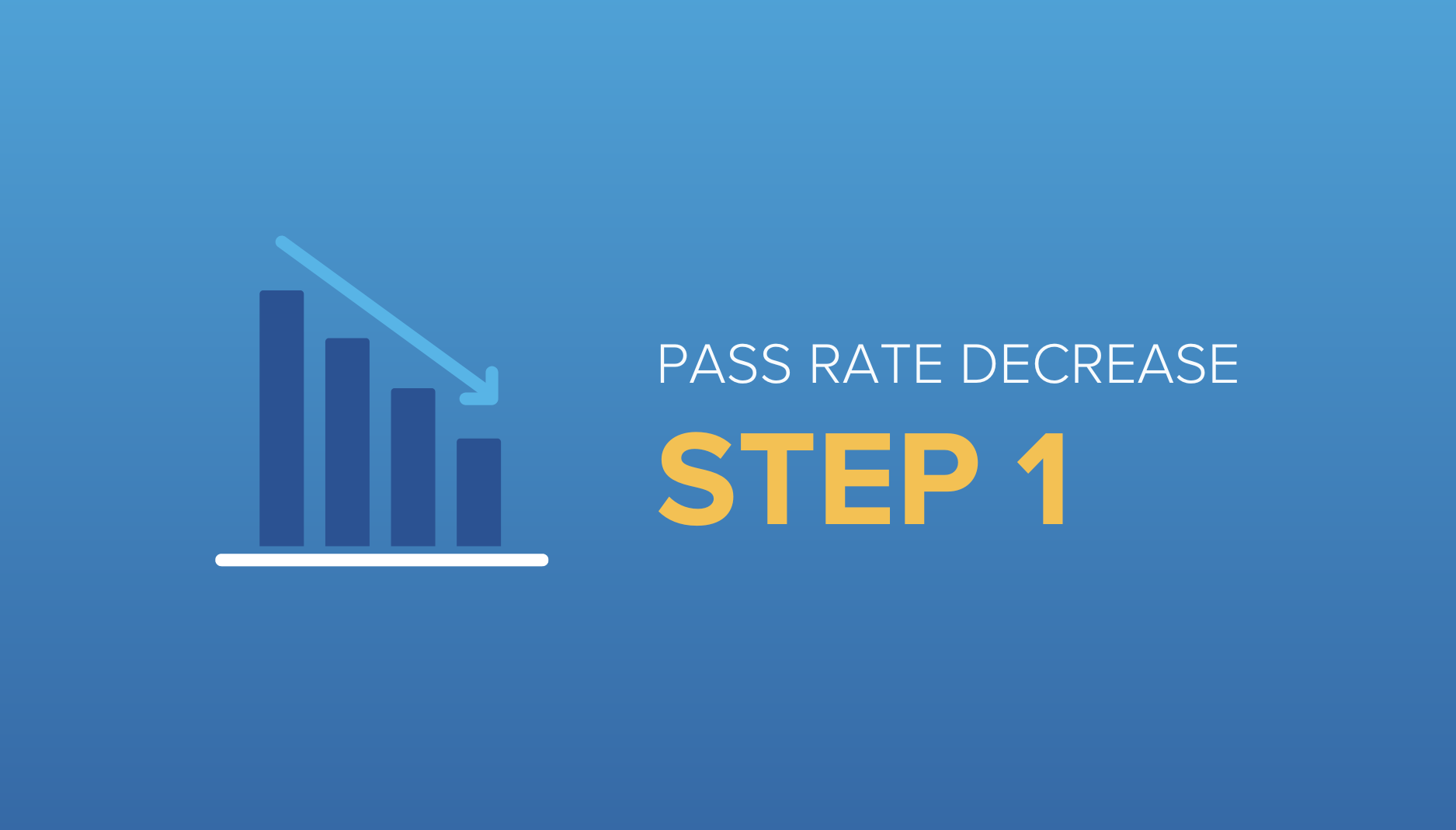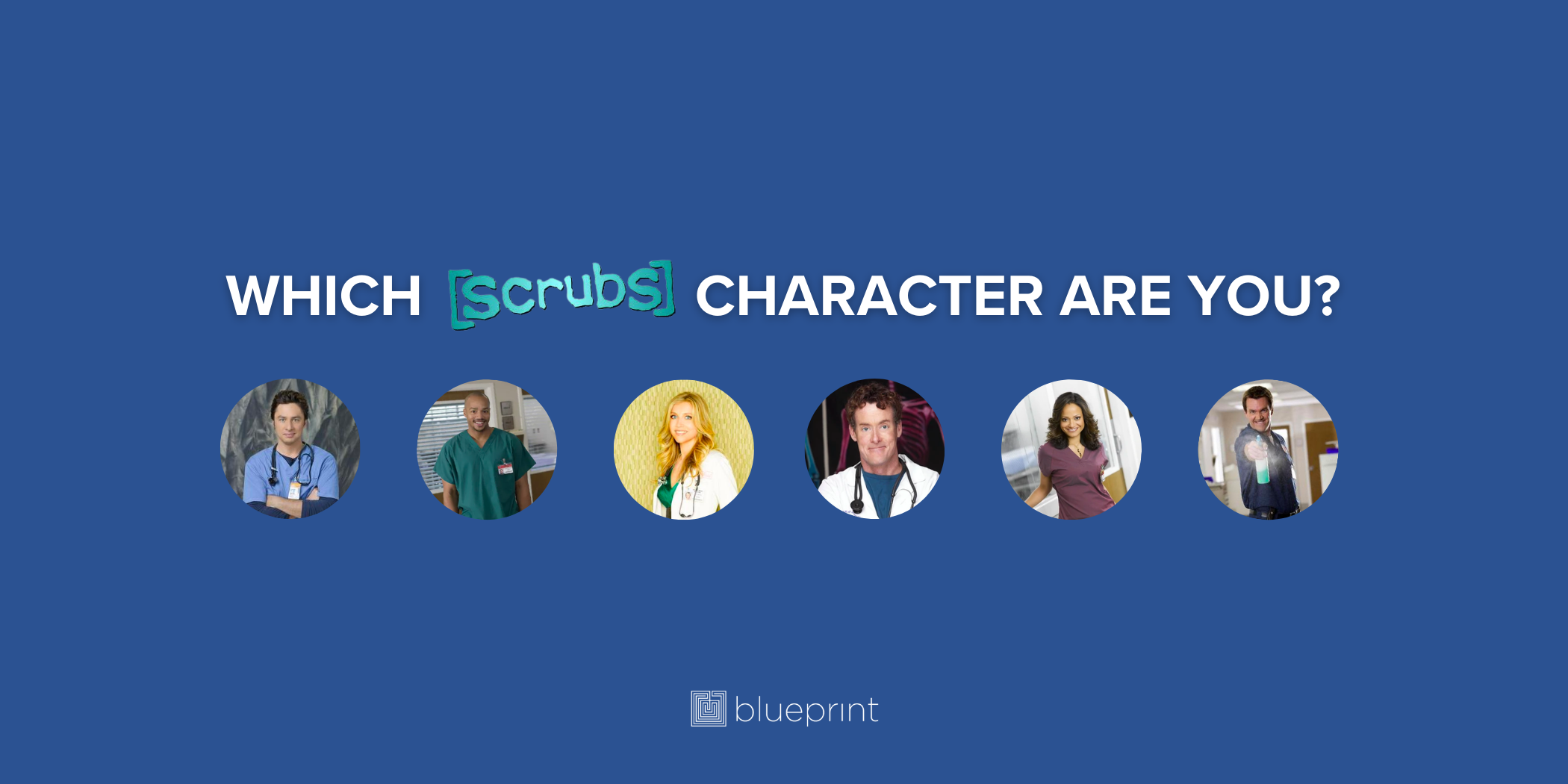Blueprint Med School Blog (formerly Cram Fighter & Med School Tutors)
The blog for Blueprint Medical, supporting your MedEd journey with our exam study planner, tutoring, residency consulting, and advanced boards.

The Ultimate Patient Case Presentation Template for Med Students
Knowing how to deliver a patient presentation is one of the most important skills to learn on your journey to becoming a physician. After all, when you’re on a medical team, you’ll need to convey all the critical information about a patient in an organized manner without any gaps in knowledge transfer. One big caveat:
READ MORE
The Most Competitive Medical Specialties & How to Prepare
This post was originally published in March 2020 and was updated April 2024. Dr. Navin Prasad also contributed to this post. Have you recently discovered your passion for one of the most competitive medical specialties, and are wondering what you need to do to match? Then this blog is for you! Drawing from personal experiences
READ MORE
My Journey to Medicine: Charmian’s Story
I’m not going to lie, I experienced palpitations when I was asked to write about my medical career journey. My history with personal narratives is abysmal. I was given the assignment twice in college and both times the professors returned my paper to me ungraded. They noted that the work was not characteristic of my
READ MORE
Meet ResidencyCAS, the New OB/GYN Residency Application System
As a recent residency graduate, I can attest to how stressful the application process can be. Luckily, a lot has changed for the better since I applied for OB/GYN residency in 2018 (which now seems like ancient history)! You’ve probably heard by now that the specialty of OB/GYN will be changing the application process for
READ MORE
Step 1 Pass Rates Are Decreasing: How to Make Sure You’ll Pass
In recent years, the role Step 1 of the United States Medical Licensing Exam (USMLE) plays in the residency application process has changed. When it transitioned from a scored assessment to a pass/fail test in January 2022, the change alleviated the pressure to score as high as possible and realigned the focus back to making
READ MORE
Quiz: Which “Scrubs” Character Are You in Your Clinical Rotations?
Scrubs is consistently described as the most accurate (and fun) medical show out there. If you’re a fan of the series, then kick back and take this quiz to find out which character you mirror the most during your clinical rotations! Looking for help studying for shelf exams during your rotations? Meet the combined Step 2
READ MORE
Resident vs Attending: What’s the Difference? Role, Responsibility, Salary, & More
While undergoing the long hours of study, clerkships, retracting in the OR, and building a stellar resume for residency applications, it’s sometimes difficult to truly understand what it means to be an “attending physician.” Basically, they’re the “big kahuna” of the medical team who’s completed their training and now teaches, has patients under their direct
READ MORE
Step 2 Percentiles: How to Understand & Interpret Your Score in a Step 1 Pass/Fail World
Originally published January 2021, updated March 2024 For a moment, let’s imagine it’s a beautiful sunlit day somewhere very far from your computer screen. You decide to engage in a friendly game with a street vendor guessing where a stone is hidden in his cups.
READ MORE




